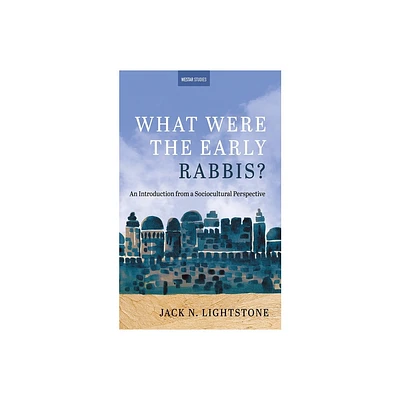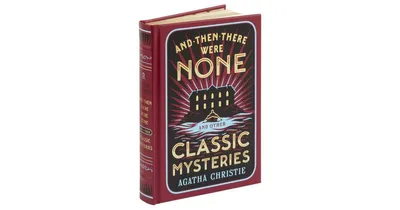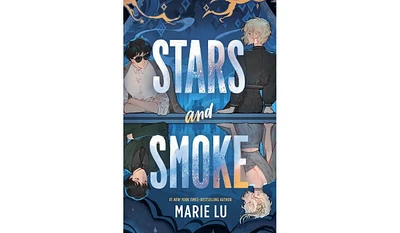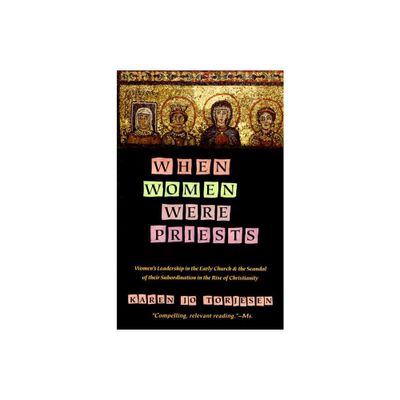Home
These Were the Earlies
Loading Inventory...
Barnes and Noble
These Were the Earlies
Current price: $15.99


Barnes and Noble
These Were the Earlies
Current price: $15.99
Loading Inventory...
Size: OS
*Product Information may vary - to confirm product availability, pricing, and additional information please contact Barnes and Noble
A collection of
the Earlies
' EPs,
These Were the Earlies
captures the half-Texan, half-English band's spacy yet oddly sentimental sound. Their music has been compared to such genre-defining artists as
the Polyphonic Spree
,
the Flaming Lips
, and
Mercury Rev
, and while there are definite similarities,
find their own distinctive niche. At times they manage to be even trippier than their influences and peers, concentrating more on atmospheres and elaborate soundscapes than on full-fledged
pop
songs. Tracks like
"Lows"
and
"Slow Man's Dream"
are lush but low-key, and end up being sophisticated, whimsical background music (in the best sense of the term). When the band does touch down and deliver more immediate songs, they're often surprisingly vulnerable, and with far less of the bombast of the aforementioned bands.
"Wayward Song"
unrepentantly wears its heart on its sleeve, with
Brandon Carr
whispering "In this life, we love who we can, then they're gone" over gentle pianos, flutes, and bassoon.
"Song for #3"
is just as sweet, mixing a twinkly melody that sounds like it was lifted from '70s
with radio static. A jammy, groove-based vibe predominates on tracks like
"Morning Wonder,"
which blends a
Krautrock
rhythm with a loping
spaghetti Western
guitar riff, while
"The Devil's Country"
's stomping beat, triumphant brass, and
free jazz
saxophone solos show that even
' version of
rock
is more than a little bent. Surprisingly cohesive for an EP collection -- and even more so when you discover that it took years of trans-Atlantic recording to make --
is also a strong debut album. ~ Heather Phares
the Earlies
' EPs,
These Were the Earlies
captures the half-Texan, half-English band's spacy yet oddly sentimental sound. Their music has been compared to such genre-defining artists as
the Polyphonic Spree
,
the Flaming Lips
, and
Mercury Rev
, and while there are definite similarities,
find their own distinctive niche. At times they manage to be even trippier than their influences and peers, concentrating more on atmospheres and elaborate soundscapes than on full-fledged
pop
songs. Tracks like
"Lows"
and
"Slow Man's Dream"
are lush but low-key, and end up being sophisticated, whimsical background music (in the best sense of the term). When the band does touch down and deliver more immediate songs, they're often surprisingly vulnerable, and with far less of the bombast of the aforementioned bands.
"Wayward Song"
unrepentantly wears its heart on its sleeve, with
Brandon Carr
whispering "In this life, we love who we can, then they're gone" over gentle pianos, flutes, and bassoon.
"Song for #3"
is just as sweet, mixing a twinkly melody that sounds like it was lifted from '70s
with radio static. A jammy, groove-based vibe predominates on tracks like
"Morning Wonder,"
which blends a
Krautrock
rhythm with a loping
spaghetti Western
guitar riff, while
"The Devil's Country"
's stomping beat, triumphant brass, and
free jazz
saxophone solos show that even
' version of
rock
is more than a little bent. Surprisingly cohesive for an EP collection -- and even more so when you discover that it took years of trans-Atlantic recording to make --
is also a strong debut album. ~ Heather Phares


















